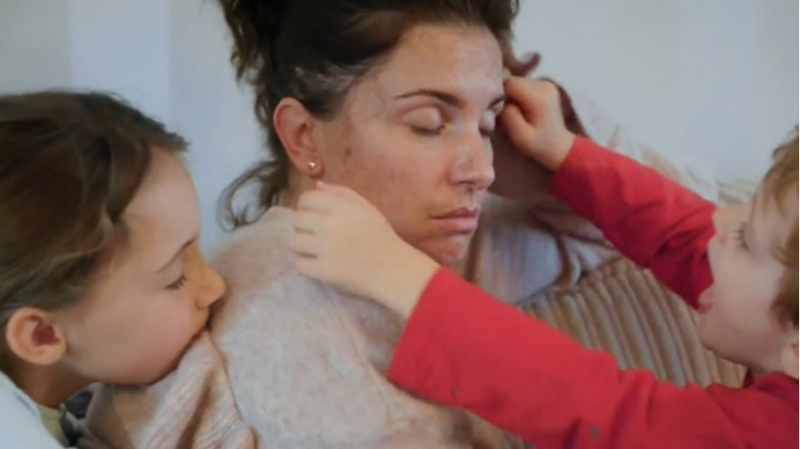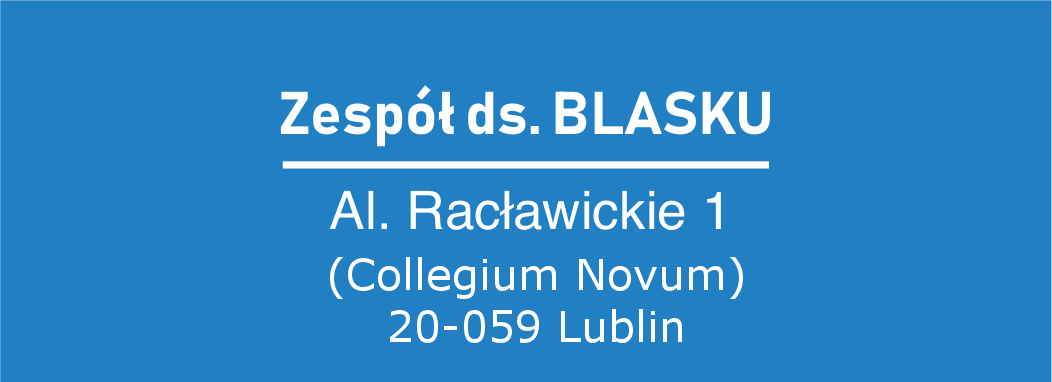Informator uniwersytecki
numer 019
Luty 2023
★
7
Mothers on the edge
Postpartum depression (PPD), also called postnatal depression, is a type of mood disorder associated with childbirth. Symptoms may include extreme sadness, low energy, anxiety, crying episodes, irritability, and changes in sleeping or eating patterns. Onset is typically between one week and one month following childbirth. PPD can also negatively affect the newborn child.

While the exact cause of PPD is unclear, the cause is believed to be a combination of physical, emotional, genetic, and social factors. These may include factors such as hormonal changes and sleep deprivation. Risk factors include prior episodes of postpartum depression, bipolar disorder, a family history of depression, psychological stress, complications of childbirth, lack of support, or a drug use disorder. Diagnosis is based on a person's symptoms. While most women experience a brief period of worry or unhappiness after delivery, postpartum depression should be suspected when symptoms are severe and last over two weeks.
Among those at risk, providing psychosocial support may be protective in preventing PPD. This may include community support such as food, household chores, mother care, and companionship. Treatment for PPD may include counseling or medications. Types of counseling that have been found to be effective include interpersonal psychotherapy (IPT), cognitive behavioral therapy (CBT), and psychodynamic therapy. Tentative evidence supports the use of selective serotonin reuptake inhibitors (SSRIs).

Symptoms of PPD can occur any time in the first year postpartum. Typically, a diagnosis of postpartum depression is considered after signs and symptoms persist for at least two weeks.
In the program “Mothers on the edge” (2019 BBC TWO), Louis Theroux spends time in different psychiatric units which treat mothers experiencing serious mental illness, allowing them to live alongside their babies. Plunging himself into the ward life, he encounters women- patients who have been admitted with a range of serious conditions - including depression, anxiety and psychosis - often initiated by birth or the problems involved in motherhood. As he accompanies the patients and their families both in hospital and recovering back at home, Louis explores what lies behind their recent crisis and discovers the immense challenge in caring for two people in the most vulnerable state of their lives. Worth watching and reflecting upon!
Piotr Flieger
Department of Foreign Languages
Did you like it?
Check Piotr's previous articles:
© 2022 Centrum Symulacji Medycznej UM w Lublinie






